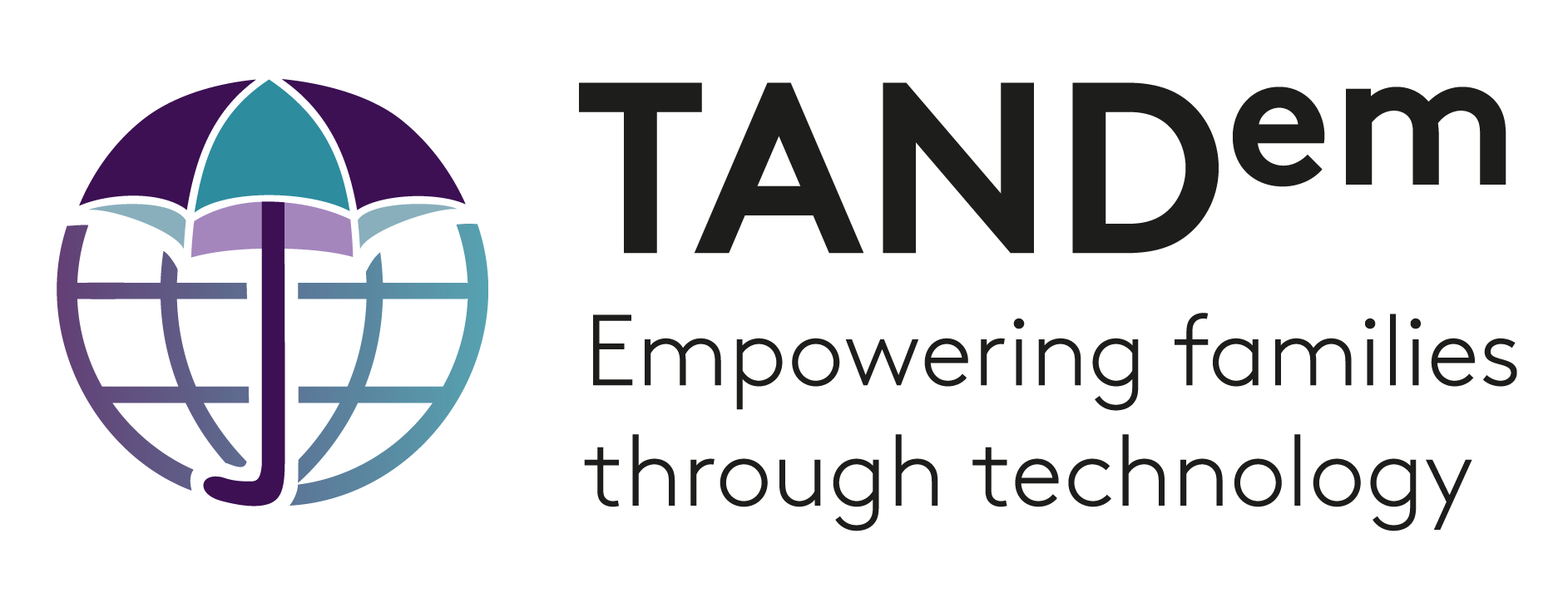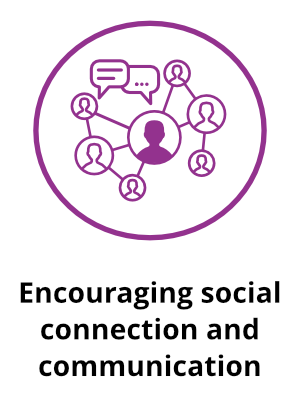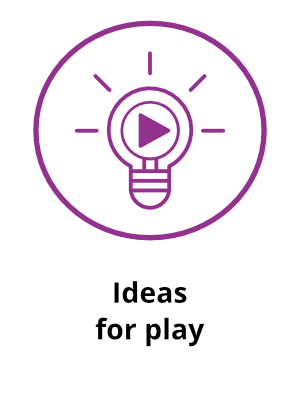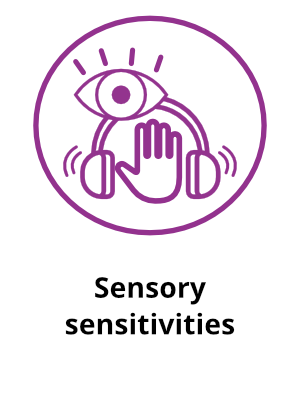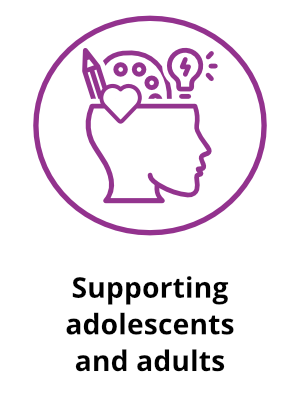Autism-like Cluster
Home > TAND Clusters > Autism-like > What to do > Supporting adolescents and adults
Supporting adolescents and adults
Learn about autism in adults
Just like with TSC, people with autism are all different. The Asperger/Autism Network (AANE) staff describe some common strengths and challenges that adults with autism may experience (see the fact sheet in the resource panel). Common strengths may include honesty, a strong sense of fairness and justice, specialised interests, deep feelings, detail-oriented, good memory (especially for facts in the individual’s area of interest), and building friendships through shared interests.
Common challenges could include sensory sensitivities, emotional responses in unpredictable or overwhelming environments, perfectionism, low stamina for boring tasks, see the world as black-and-white, difficulty planning and organising, understanding verbal and nonverbal language in social contexts, and understanding what others are thinking and feeling.
Numerous resources have been developed to help adults learn about their autism, and help them on their journey of receiving a diagnosis as an adult. These can be found in the resource panel.
Asperger/Autism Spectrum Fact Sheet
[aane.org]
Is it Autism and if so, What Next? A Guide for Adults
[autismspeaks.org]
Supporting social skills
There is no research on behavioural treatments of autism-like cluster symptoms in adults with TSC. However, the PEERS® programme for young adults has shown positive results for improving social interaction skills for adults with autism without TSC. The Semel Institute for Neuroscience and Human Behavior have put together role play videos to accompany group PEERS® training to improve social skills. These cover a variety of topics including:
- Conversational skills: general do’s and don’ts; starting, entering and exiting a conversation
- Using electronic communication
- Appropriate use of humour
- Good sportsmanship
- Get-togethers
- Handling arguments
- Handling teasing
- Handling rumours and gossip
- Dating etiquette
These videos are available in English and Cantonese and can be accessed in the resource panel.
